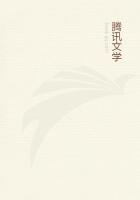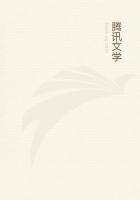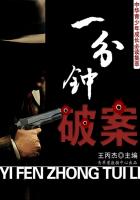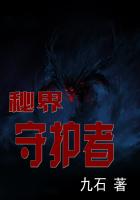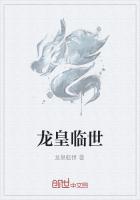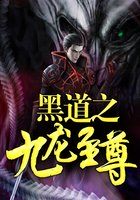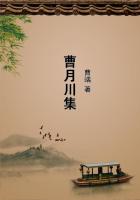As they had a hostile appearance, the party in the canoes made preparations to receive them; they were suspected to be Teton-Sioux, although they might be Yanktons, Pawnees, or Omahas. The journal adds:--"In order, however, to ascertain who they were, without risk to the party, Captain Clark crossed, with three persons who could speak different Indian languages, to a sand-bar near the opposite side, in hopes of conversing with them.
Eight young men soon met him on the sand-bar, but none of them could understand either the Pawnee or Maha interpreter. They were then addressed in the Sioux language, and answered that they were Tetons, of the band headed by Black Buffaloe, Tahtackasabah. This was the same who had attempted to stop us in 1804; and being now less anxious about offending so mischievous a tribe, Captain Clark told them that they had been deaf to our councils, had ill-treated us two years ago, and had abused all the whites who had since visited them. He believed them, he added, to be bad people, and they must therefore return to their companions; for if they crossed over to our camp we would put them to death.
They asked for some corn, which Captain Clark refused; they then requested permission to come and visit our camp, but he ordered them back to their own people. He then returned, and all our arms were prepared, in case of an attack; but when the Indians reached their comrades, and informed their chiefs of our intention, they all set out on their way to their own camp; though some of them halted on a rising ground and abused us very copiously, threatening to kill us if we came across.
We took no notice of this for some time, till the return of three of our hunters, whom we were afraid the Indians might have met.
But as soon as they joined us we embarked; and to see what the Indians would attempt, steered near their side of the river.
At this the party on the hill seemed agitated; some set out for their camp, others walked about, and one man walked toward the boats and invited us to land. As he came near, we recognized him to be the same who had accompanied us for two days in 1804, and was considered a friend of the whites.
"Unwilling, however, to have any intercourse with these people, we declined his invitation, upon which he returned to the hill, and struck the earth three times with his gun, a great oath among the Indians, who consider swearing by the earth as one of the most solemn forms of imprecation. At the distance of six miles we stopped on a bleak sand-bar, where we thought ourselves secure from any attack during the night, and also safe from the mosquitoes.
We had made but twenty-two miles, but in the course of the day had killed a mule-deer, an animal we were very anxious to obtain.
About eleven in the evening the wind shifted to the northwest, and it began to rain, accompanied by thunder and lightning, after which the wind changed to the southwest, and blew with such violence that we were obliged to hold fast the canoes, for fear of their being driven from the sand-bar: still, the cables of two of them broke, and two others were blown quite across the river; nor was it till two o'clock that the whole party were reassembled, waiting in the rain for daylight."
The party now began to meet white men in small detachments coming up the river. On the third of September, for example, they met the first men who were able to give them news of home.
This party was commanded by a Mr. James Airs (or Ayres), from Mackinaw, by the way of Prairie du Chien and St. Louis. He had two canoes loaded with merchandise which he was taking up the river to trade with the Indians. Among the items of news gathered from him, according to the private journal of one of the Lewis and Clark party, was that General James Wilkinson was now Governor of Louisiana Territory, and was stationed at St. Louis. This is the Wilkinson who fought in the American Revolution, and was subsequently to this time accused of accepting bribes from Spain and of complicity with Aaron Burr in his treasonable schemes. Another item was to this effect:
"Mr. Burr & Genl. Hambleton fought a Duel, the latter was killed."
This brief statement refers to the unhappy duel between Aaron Burr and Alexander Hamilton, at Weehawken, New Jersey, July 11, 1804.
This interesting entry shows with what feelings the long-absent explorers met Mr. Airs:--"After so long an interval, the sight of anyone who could give us information of our country was peculiarly delightful, and much of the night was spent in making inquiries into what had occurred during our absence. We found Mr. Airs a very friendly and liberal gentleman; when we proposed to him to purchase a small quantity of tobacco, to be paid for in St. Louis, he very readily furnished every man of the party with as much as he could use during the rest of the voyage, and insisted on our accepting a barrel of flour.
This last we found very agreeable, although we have still a little flour which we had deposited at the mouth of Maria's River. We could give in return only about six bushels of corn, which was all that we could spare."
Three days later, the voyagers met a trading-boat belonging to Mr. Augustus Chouteau, the founder of a famous trading-house in St. Louis. From this party the captains procured a gallon of whiskey, and with this they served out a dram to each of their men.
"This," says the journal, "is the first spirituous liquor any of them have tasted since the Fourth of July, 1805." From this time forward, the returning explorers met trading parties nearly every day; and this showed that trade was following the flag far up into the hitherto unexplored regions of the American continent.
The explorers, hungry for news from home, would have tarried and talked longer with their new-found friends, but they were anxious to get down to civilization once more. Their journal also says:
"The Indians, particularly the squaws and children, are weary of the long journey, and we are desirous of seeing our country and friends."

